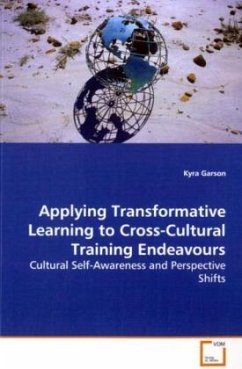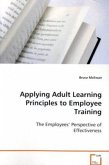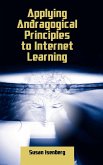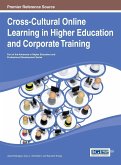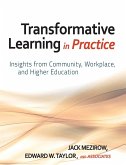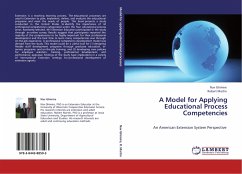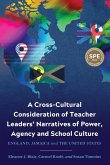This situational case study examined the
applicability of transformative learning theory and
its attendant teaching and learning strategies of
critical reflection and discourse to one program of
cross-cultural training. It illustrates that
transformative learning theory can inform both the
content and approach of training programs. By
providing participants with structured opportunities
guided by critical reflection and discourse,
cross-cultural training can be viewed as a
transformative learning experience as understood in
the field of adult education.
These findings have the potential to provide thefield
of cross-cultural training with relevant theoryand
methodology to help unify its diverse
aims.Furthermore, the findings may also inform
transformative learning theory in that they
demonstrate that transformative learning may not be
confined to the linear process advocated in earlier
theory, such as Mezirow (1990), but in fact involve
phases of a cyclical or spiral structure, as more
recent writers suggest.
applicability of transformative learning theory and
its attendant teaching and learning strategies of
critical reflection and discourse to one program of
cross-cultural training. It illustrates that
transformative learning theory can inform both the
content and approach of training programs. By
providing participants with structured opportunities
guided by critical reflection and discourse,
cross-cultural training can be viewed as a
transformative learning experience as understood in
the field of adult education.
These findings have the potential to provide thefield
of cross-cultural training with relevant theoryand
methodology to help unify its diverse
aims.Furthermore, the findings may also inform
transformative learning theory in that they
demonstrate that transformative learning may not be
confined to the linear process advocated in earlier
theory, such as Mezirow (1990), but in fact involve
phases of a cyclical or spiral structure, as more
recent writers suggest.

